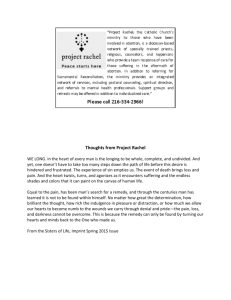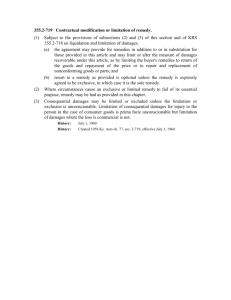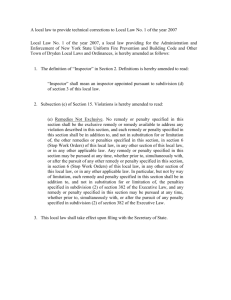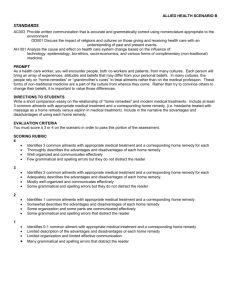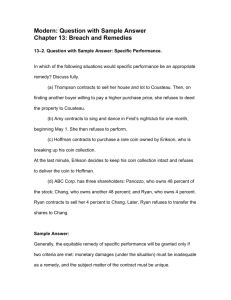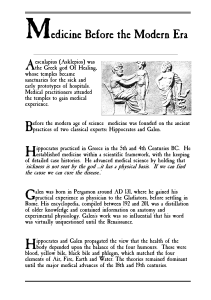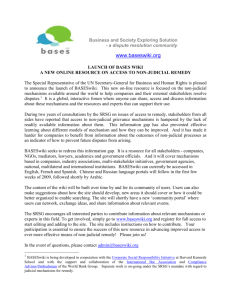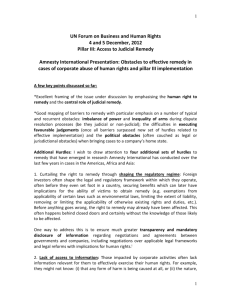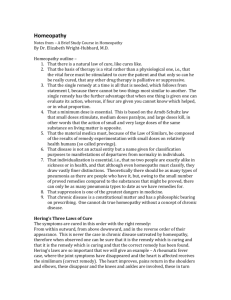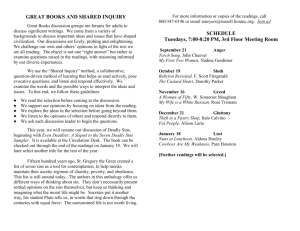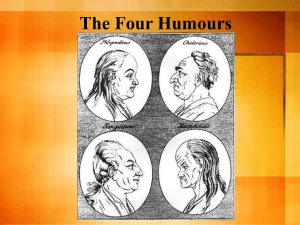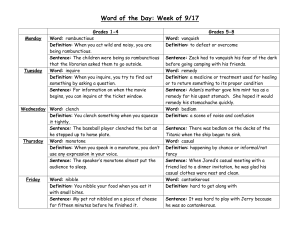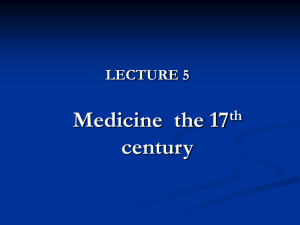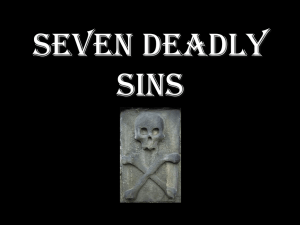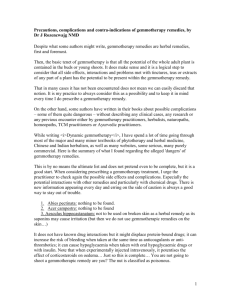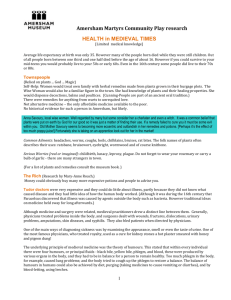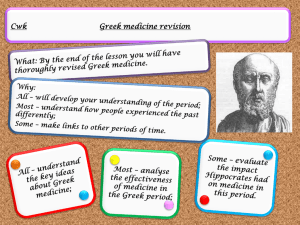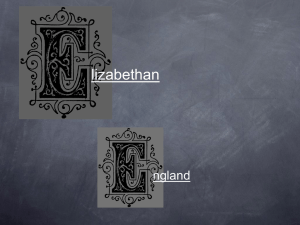Canterbury Tales
advertisement
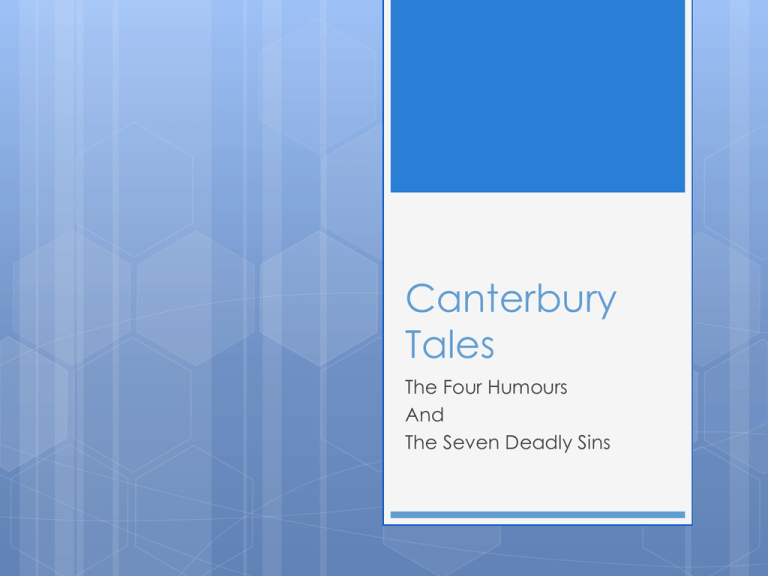
Canterbury Tales The Four Humours And The Seven Deadly Sins The Four Humours A theory of physiology in which the state of health—and by extension the state of mind, or character---depended upon a balance among the four elemental fluids: blood, yellow bile, phlegm and black bile. These were closely allied with the four elements: air, fire, water and earth. The four humours gave off vapors ascended to the brain; an individual’s personal characteristics (physical, mental and moral) were explained by his or her “temperament,” or the state of the person’s “humours.” Seven Deadly Sins Allegory: a tale in verse or prose in which characters, actions, or settings represent abstract ideas or moral qualities In the Medieval period, the seven deadly sins were often personified in literature. Pride Arrogance, impudence and boasting. The remedy is humility. Envy Sorrow for what others have. The remedy is to love God. Wrath Anger; wicked will for vengeance. The remedy is patience. Sloth Laziness, unproductive. The remedy is fortitude. Avarice Greed, a lecherous desire for earthly things. The remedy is mercy. Gluttony An immeasurable appetite to eat or drink. The remedy is abstinence. Lust Uncontrolled desire for material and carnal things. The remedy is chastity.
